Proper Nutrition for Pregnant Women: Fermented Dairy Products
Proper nutrition for pregnant women is key to a baby's successful growth and development. That's why a pregnant woman should pay special attention to the foods she consumes during pregnancy. Let's together understand what a pregnant woman's diet should be to be beneficial for both the mother and the baby.

Proper Nutrition for Pregnant Women: The Diet
Pregnancy is a time of increased attention for a woman. Everyone around her tries to give her attention and, of course, feed her. But is it true that she needs to eat for two and not restrict herself from sweets, since this is not her craving but the baby's need?
For most women, the first trimester is accompanied by morning sickness and a change in taste preferences. Despite this, a pregnant woman's diet should be proper to ensure the baby's full development.
There are several recommendations on how to eat properly during pregnancy:
- It's best to eat small portions more often;
- You should not allow long gaps between meals;
- It's best to always have a healthy snack on hand;
- Don't overeat.
The energy value of food should be increased by only 200 kcal per day compared to the norm for a given height and weight. That is, when calculating daily caloric intake, you should use the formula: 25-30 kcal per kilogram of weight + 200 kcal per day.
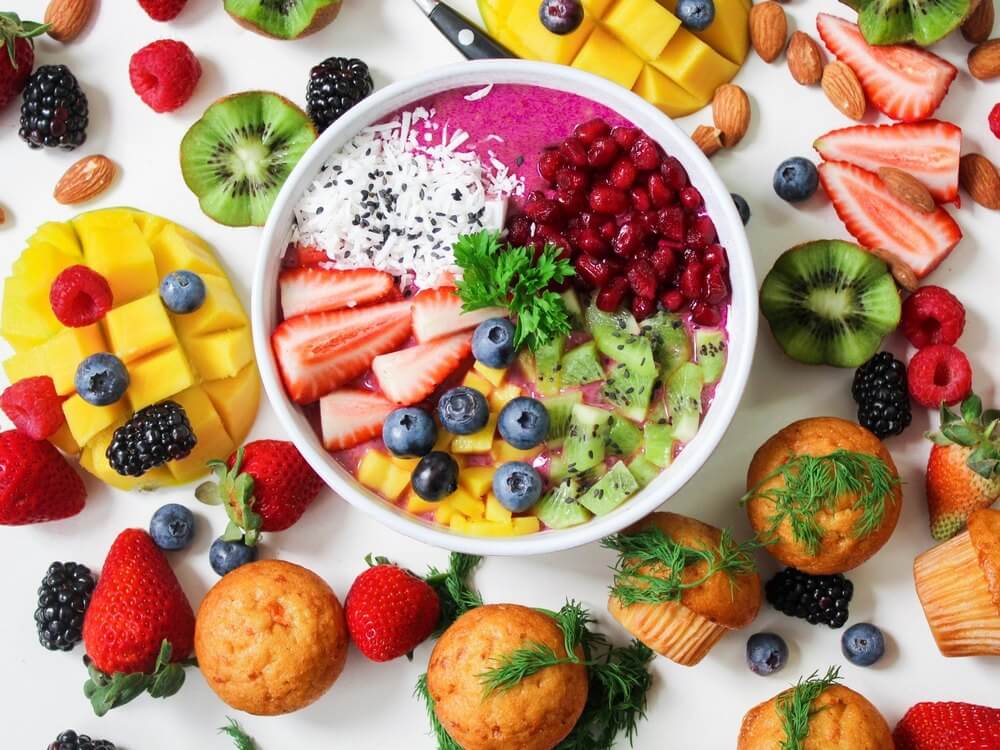
Proteins
A pregnant woman needs a good and varied diet with a slightly increased content of protein products. Proteins act as the building material for peptides, neurotransmitters, and hormones.
Doctors recommend increasing the consumption of low-fat cottage cheese, fish, chicken breast, hard cheeses, and fermented dairy products as protein sources. And for better protein absorption, enzymes are needed, which are normally produced by the pancreas. But it is also possible to help the body externally, without resorting to medications. For example, by drinking fresh juice, eating a fruit, a vegetable, or a green salad leaf.

Fats
It is best to get fats from:
- Unrefined vegetable oils: olive, corn, flaxseed.
- Nuts and seeds.
- Fatty fish and seafood, rich in omega-3 fatty acids.
- Animal fats: dairy and fermented dairy products, meat.
For pregnant women who do not have cardiovascular diseases, it is important not to exclude animal fats from their diet, such as fatty cottage cheese, fatty meat cuts, and butter.

Carbohydrates
The proportion of complex carbohydrates is very important, especially from vegetables and fruits, which also contain a lot of fiber. It is necessary to consume seasonal vegetables and fruits that are typical for the region where the woman lives. Exotic fruits that were not consumed before pregnancy should not be introduced into the diet during gestation.
Sources of complex carbohydrates:
- Whole grain bread.
- Dried fruits.
- Durum wheat pasta.
It is good for the diet to include foods containing iron: buckwheat, red meat, liver, apples (especially those that quickly turn brown when cut). For better absorption, doctors recommend supplementing the intake of iron-rich foods with a nutritious cocktail of honey, dried fruits, and nuts. Together, they contain a large amount of enzymes, creating favorable conditions for iron absorption.
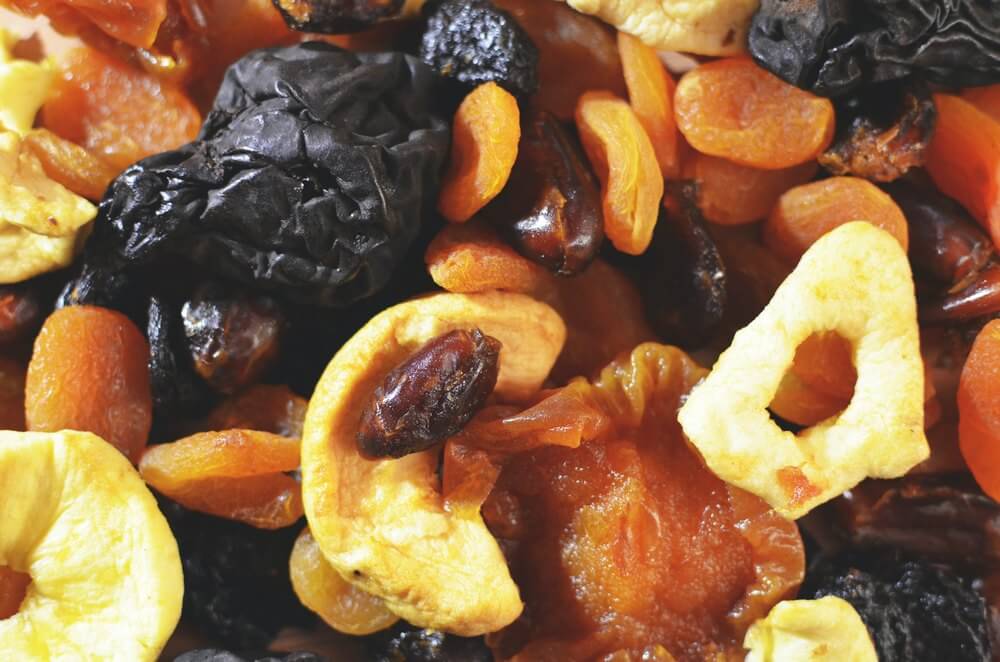
It is important to mention greens and their importance for pregnant women's nutrition. Greens contain folic acid, which is very important for the baby's development, in particular, for correct cell division and development. The tablet form of folic acid is often prescribed already at the stage of pregnancy planning, but it is important to understand that most of it is obtained synthetically, and the body does not always absorb it completely. It is important to also get this vitamin in its natural form.
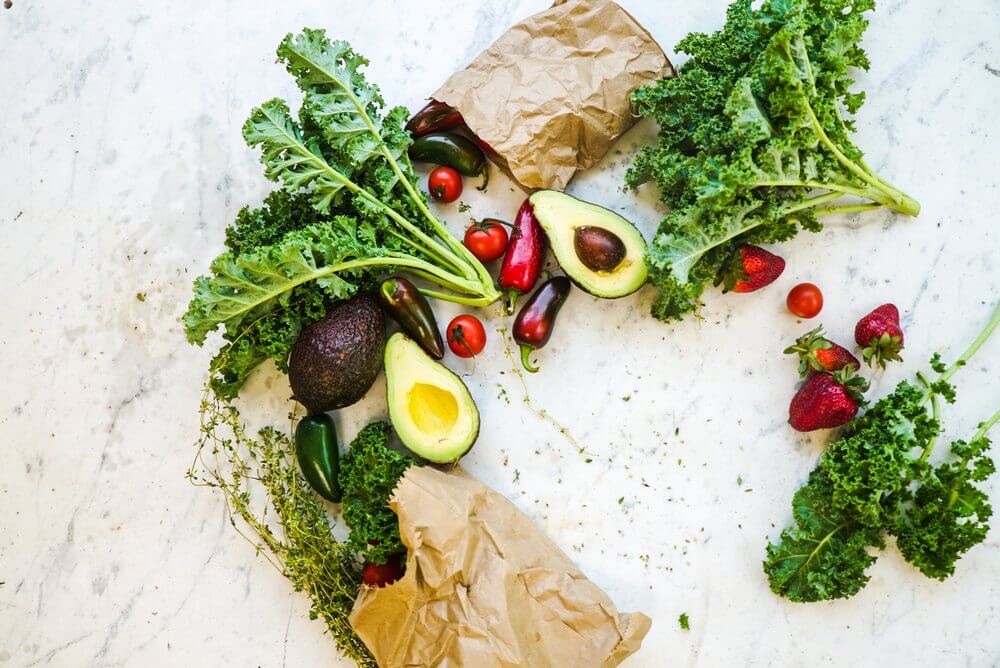
Nutrition by Trimester
Nutrition in the first trimester does not require major adjustments. Include more liquid foods in your diet, add greens, vegetables, and fruits. In the first trimester, it is important to listen to your body and not consume foods that cause nausea and negative emotions.
In the second trimester, provide the baby with beneficial elements, focusing on dairy, fish, and meat. If possible, avoid large amounts of sweets.
In the third trimester, when the kidneys and liver are working at an accelerated pace, try to eat light soups, porridges, and fruits. Don't forget about baked and boiled dishes, which are easier on the digestive system. Supplement your diet with probiotics, which will relieve the load on the digestive tract and help prevent constipation.
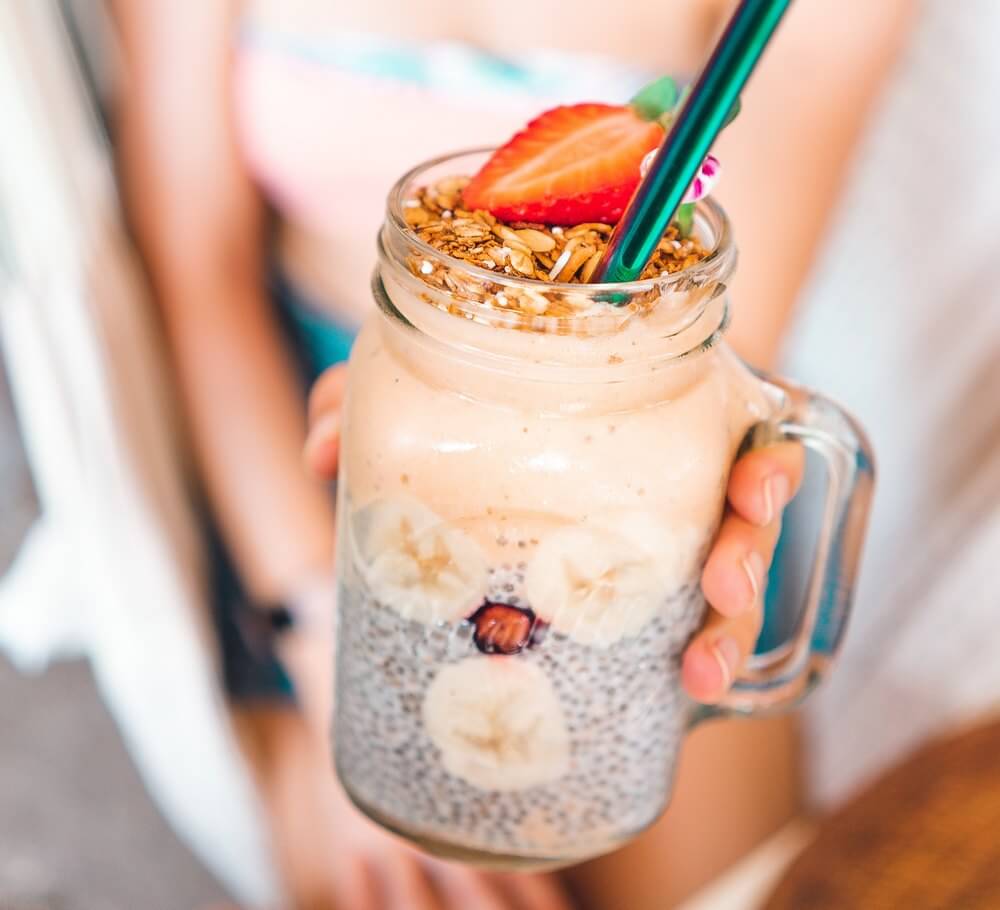
Fluid intake is a separate point. The expectant mother loses much more fluid than other women. This is related to the additional load on the respiratory and cardiovascular systems. Part of the fluid is used to form amniotic fluid, which is a conductor of nutrients from the mother to the baby. Therefore, it is necessary to replenish the lack of water in time, but you should also not overdo it so as not to cause swelling. The ideal option is to drink in small portions, about 150 ml at a time. In the first trimester, the daily fluid intake volume is about 2.5 liters, and in the second and third, it is advisable to limit it to 1.5 liters per day, since in the middle of pregnancy the risk of swelling increases. And it is better to give preference to clean, filtered water.
Fermented Dairy Products During Pregnancy
The absorption of beneficial substances from the gastrointestinal tract also depends on how well beneficial bacteria are able to process the incoming substances. Fermented dairy products help to improve digestion, saturate the body with beneficial microflora and important probiotic bacteria. The latter stimulate the growth and activity of natural intestinal microflora, thereby improving the condition of the digestive, immune, and nervous systems.
Yogurt
Scientific studies have shown that yogurt consumption reduces the risk of candidiasis and other vaginal diseases that arise against the background of hormonal changes. The consumption of yogurt with probiotic bacteria showed higher results.
Homemade yogurt, which does not contain sugar and synthetic additives but is rich in beneficial bacteria, will be the most useful for a pregnant woman. Preparing yogurt at home is not difficult: just buy the appropriate starter culture, add it to warm milk, and the microorganisms will ferment the milk on their own, provided you create the correct temperature regimen.
The "Probio Yogurt VIVO" has enhanced probiotic properties - it contains 10 types of bacteria that restore microflora and normalize digestion.
Depending on the necessary effect or to vary the taste, you can use different types of dry starter cultures:
- "Yogurt VIVO" - natural yogurt without additives with a neutral taste.
- "Immune Yogurt VIVO" - strengthens immunity, promotes the body's natural defense against colds and acute respiratory infections.
The "Yogurt VIVO", prepared at home with bacterial starter culture, can replace fatty mayonnaise in a pregnant woman's diet and serve as an excellent dressing for vegetable salads, fruit salads, and desserts. Yogurt is easily digested and rich in calcium, which is necessary for both the baby and the mother during pregnancy.

Kefir
One of the most common delicate problems of pregnant women, constipation, is also solved by the consumption of fermented dairy products. Together with high-fiber foods, they gently stimulate digestion and, with regular consumption, help to eliminate constipation. One-day kefir has a mild laxative effect, but it is very difficult to buy such a product in a store: it can take several days from production to arrival on the shelves. To get truly fresh kefir, use the bacterial starter culture "Kefir VIVO" and prepare it at home.
Such kefir can be drunk plain or you can prepare a fruit cocktail by mixing it with fresh seasonal fruits or berries.
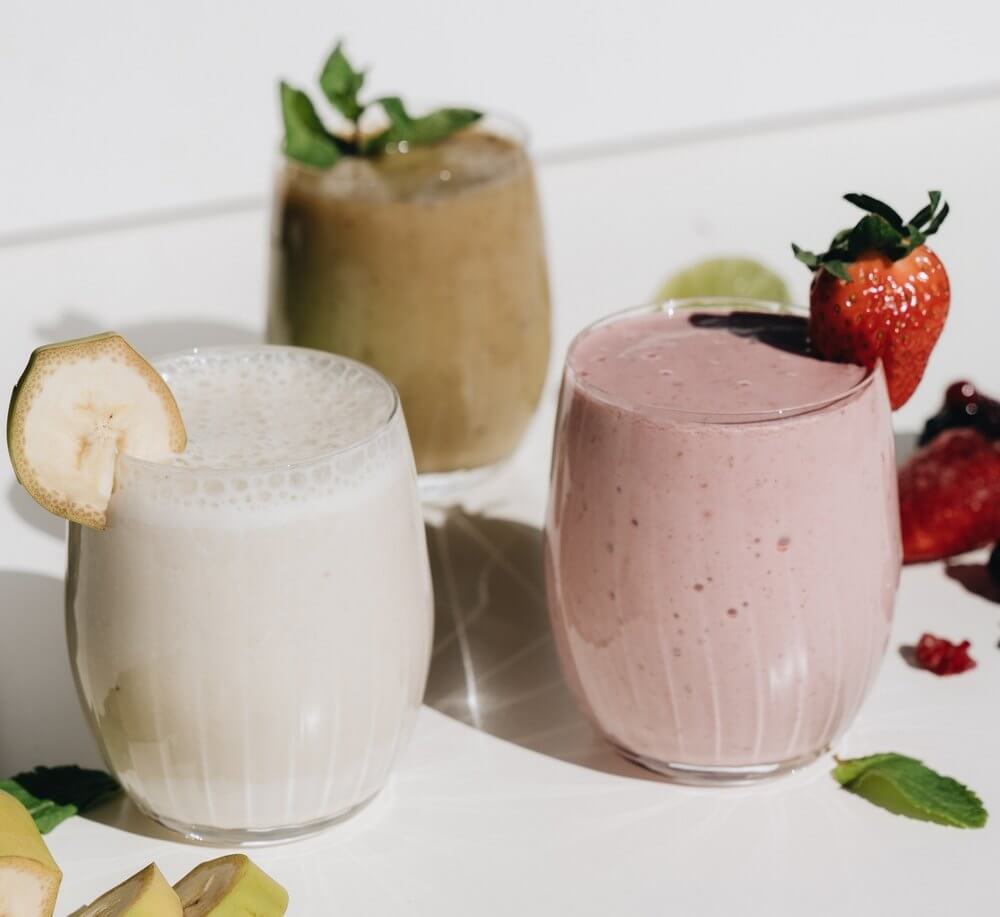
Sour Cream
The beneficial properties of sour cream are especially relevant for a woman's body during pregnancy. It contains a predominant amount of animal fats, which must be present in a pregnant woman's diet in reasonable doses to maintain a normal cholesterol level. It is necessary for maintaining hormonal balance (it is a source of steroid sex hormones), the health of skin, hair, and nails, and participates in cell building and vitamin D synthesis. Sour cream also contains choline, an essential vitamin B4, which contributes to the correct formation of the baby's brain. For homemade sour cream, you can choose cream with a higher or lower fat content to adjust its nutritional value to your needs. Mix the cream with the "Sour Cream VIVO" starter culture and don't forget about the correct temperature for the maturation of microorganisms. This homemade product can be prepared in a pot, slow cooker, or a special yogurt maker. Sour cream can also be fermented from high-fat milk (above 6%) - in this case, you will get a low-calorie product. The consistency will be more liquid than that of regular sour cream.
For consumption in raw form, use a product with 10-25% fat; the fattier types are intended for preparing confectionery creams and sauces.

Combine fruits and vegetables with fermented dairy products: they can be added to both sweet and savory dishes. Cottage cheese goes well with vegetable salads, is used with spices as a paste for sandwiches, and satiates well as a standalone dish. Yogurt and sour cream can be added to soups, used to prepare snacks, hot dishes, and in desserts. And kefir will be an excellent snack before bed, which will provide satiety without weighing down the stomach.
Eat with taste and joy, then the baby will receive all the necessary substances from your nutrition!
Image taken from the source: pexels.com.
Find the right VIVO product for you
- Healthy food for children aged 2 and above.
- Restores microflora balance.
- Normalizes digestion.
- Restores microflora.
- Normalizes the digestive
process. - Contains 10 bacterial strains.
- Strengthens the immune system
- Decreases risks of catching a cold
- Has an excellent taste and thick texture






